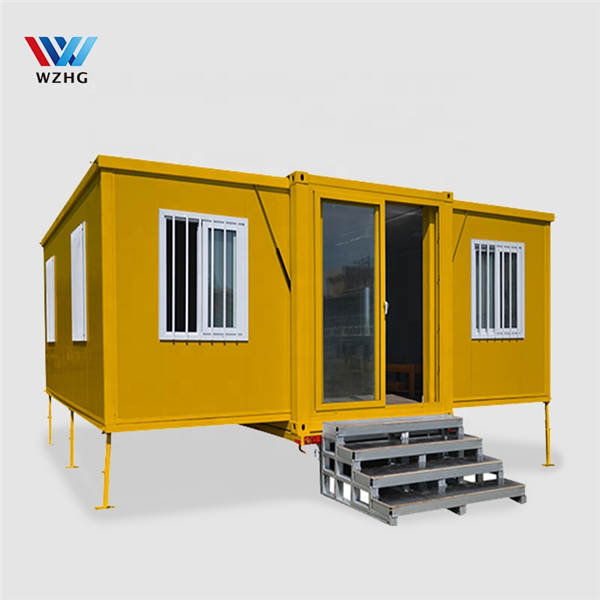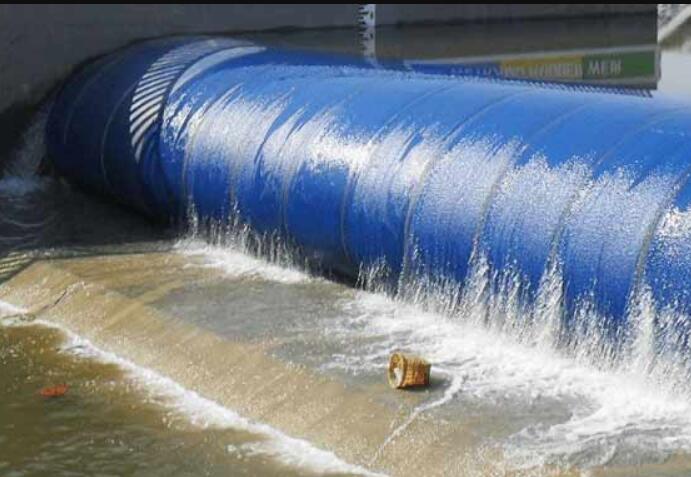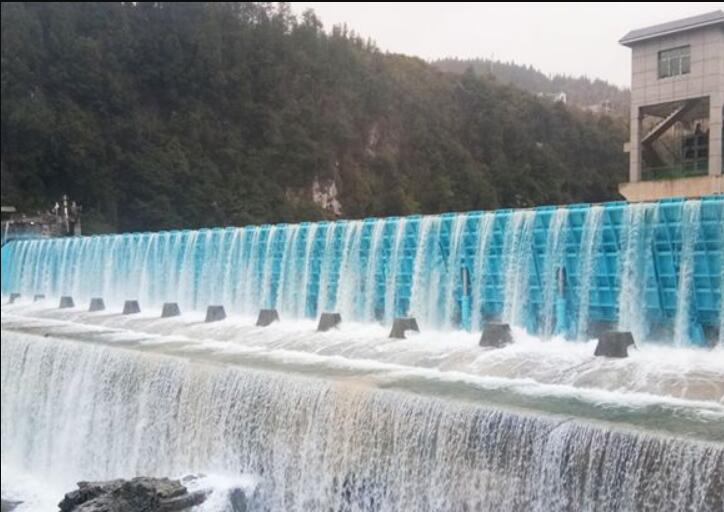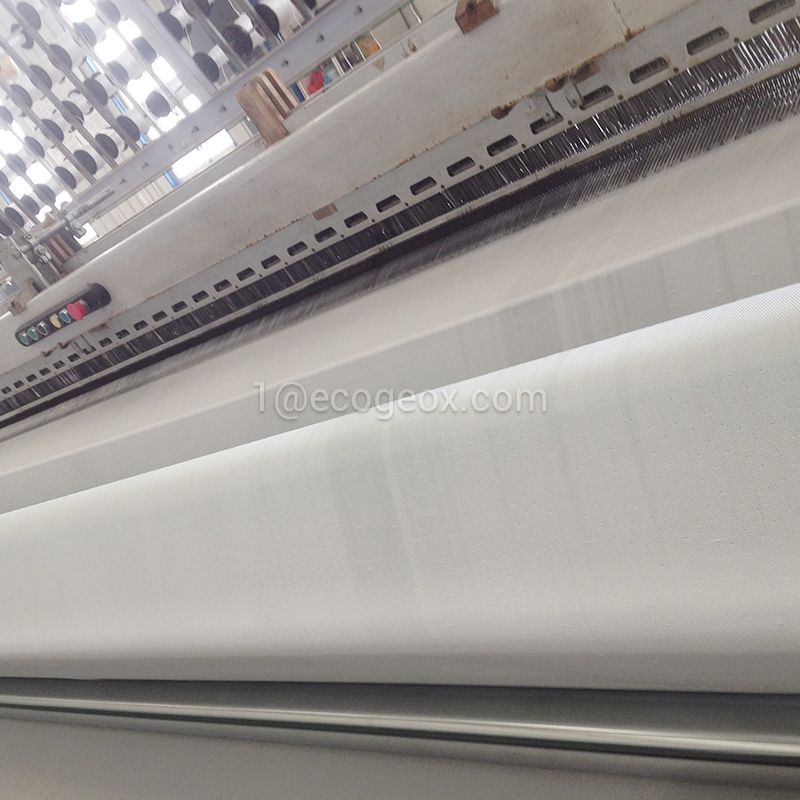- Automobiles & Motorcycles
- Beauty & Personal Care
- Business Services
- Chemicals
- Construction & Real Estate
- Consumer Electronics
- Electrical Equipment & Supplies
- Electronic Components & Supplies
- Energy
- Environment
- Excess Inventory
- Fashion Accessories
- Food & Beverage
- Furniture
- Gifts & Crafts
- Hardware
- Health & Medical
- Home & Garden
- Home Appliances
- Lights & Lighting
- Luggage, Bags & Cases
- Machinery
- Measurement & Analysis Instruments
- Mechanical Parts & Fabrication Services
- Minerals & Metallurgy
- Office & School Supplies
- Packaging & Printing
- Rubber & Plastics
- Security & Protection
- Service Equipment
- Shoes & Accessories
- Sports & Entertainment
- Telecommunications
- Textiles & Leather Products
- Timepieces, Jewelry, Eyewear
- Tools
- Toys & Hobbies
- Transportation
Key Features to Consider When Selecting an Electric Fence
Electric fences are an effective and versatile solution for controlling and securing animals and properties. Whether you need to keep livestock safely enclosed or protect your premises from intruders, selecting the right electric fence is crucial. With various options available in the market, it's essential to consider certain key features that match your specific requirements. In this article, we will explore the key features to consider when selecting an electric fence.

Fence Energizer Power
The fence energizer, also known as the fence charger or controller, is the heart of an electric security fence system. It is responsible for delivering the electric pulse to the fence wires. The power output of the energizer is a critical factor to consider, as it determines the effectiveness of the electric shock. The power needed depends on the length of the fence and the type of animals to be contained. Make sure to choose an energizer with sufficient power to cover the entire fence length and deliver an effective shock to deter animals or intruders.
Fence Voltage and Joules Rating
Voltage and joules are important specifications to assess the performance of an electric fence energizer. Voltage measures the force of the electric pulse, while joules indicate the energy delivered per pulse. Higher voltage and joules ratings are suitable for long fences or those facing challenges like vegetation or poor grounding. A higher joules rating ensures that the electric pulse retains sufficient power even when faced with obstacles.
Fence Wire Type
Electric fences utilize different types of wires, each with specific advantages. The most common wire types include:
Galvanized Steel Wire: Durable and cost-effective, suitable for general use.
Aluminum Wire: Lightweight and ideal for temporary or portable fences.
High-Tensile Steel Wire: Strong and resilient, suitable for high-tension applications and long fences.
Further reading:
What are Geotextiles and how are they used in construction?
Advantages of Using Redispersible Polymer Powder in Tile Adhesives
How to Clean and Maintain Granite Headstones?
Unveiling the Advantages of GFS Agricultural Water Tanks
Construction and Geotechnical Applications: Top Hammer Drill Rigs in Action
Space Frame Structures: Types and Benefits
Types of Curtain Wall Systems
Choose the wire type that best matches your needs in terms of strength, durability, and budget.
Fence Wire Insulators
Insulators are used to hold the industrial electric fence wires securely and prevent them from grounding out. The choice of insulators depends on the fence type (wooden, metal, or fiberglass) and the fence wire material (steel, aluminum, or polywire). Ensure that the insulators are compatible with your fence posts and wire type for optimal performance.
Grounding System
A proper grounding system is essential for the efficient operation of an electric fence. It completes the circuit, allowing the electric pulse to flow through the animal or intruder. The grounding system consists of ground rods driven into the soil and connected to the energizer. Select an electric fence system with an adequate grounding system to ensure the electric pulse is delivered effectively.
Animal-Friendly Options
For containing livestock, it is important to consider electric fences designed with animal-friendly features. Some energizers offer pulsing technology that delivers a gentler shock, ensuring the safety and welfare of the animals while still deterring them from crossing the fence.
Alarm and Monitoring Systems
Advanced electric fence systems come with alarm and monitoring capabilities, notifying you of any fence breaches or faults. These systems can be particularly useful for security applications, alerting you to potential intrusions.
Installation and Maintenance
Consider the ease of installation and maintenance when selecting an electric fence. Look for fences that come with clear installation instructions and user-friendly components. Additionally, opt for systems that are designed for easy maintenance, such as accessible energizer units and easily replaceable components.
Conclusion
Selecting the right electric fence involves considering various key features that align with your specific needs and requirements. The power output of the energizer, voltage and joules ratings, wire type, insulators, grounding system, animal-friendly features, and alarm capabilities are all important factors to evaluate. With the appropriate electric fence in place, you can ensure the safety and security of your livestock and property while enjoying peace of mind.
Further reading:Understanding the Versatile Step-In Post: A Practical Guide
Difference Between Elastomeric Bearing and Pot Bearing: A Comprehensive Comparison
Unleash Your Creativity with Vitreous Glass Mosaics: A World of Color and Artistry
5 Easy Ways to Repair Pool Tiles
Constructing High-Grade MHEC: A Comprehensive Guide
What types of designs and subjects can marble statues depict?
Advantages of Stainless Steel Window Screen Mesh
Related Articles
If you are interested in sending in a Guest Blogger Submission,welcome to write for us!











Comments
0